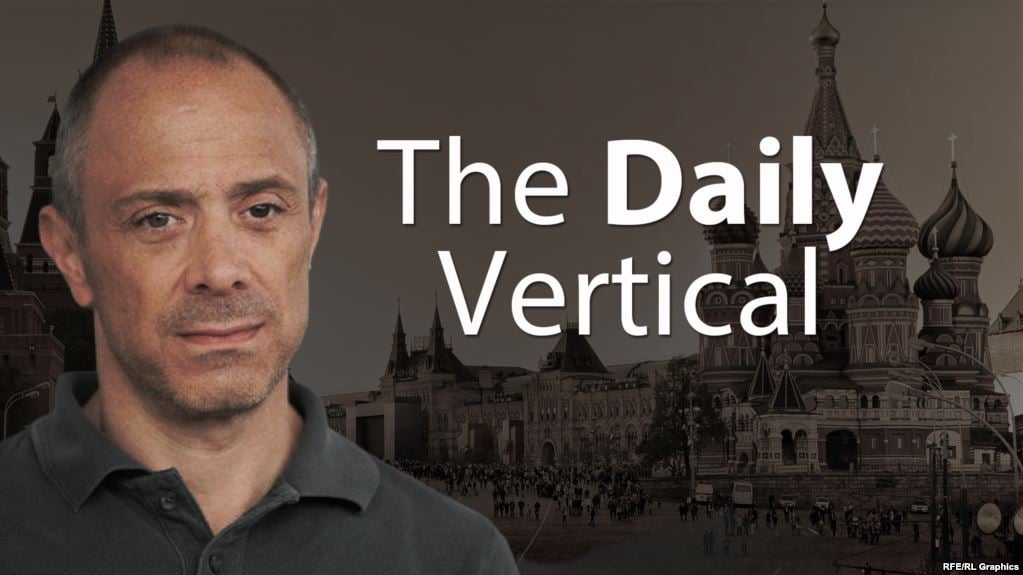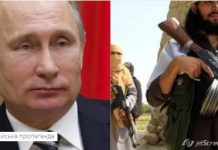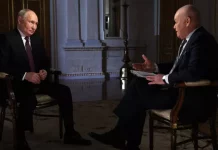
By Brian Whitmore, for RFE/RL
It happens every August, almost without fail.
As the summer winds down, you can count on the annual controversy about the events and repercussions of August 1939.
Every August, the ghost of the Molotov-Ribbentrop Pact — the specter of the Soviet Union’s collaboration with Nazi Germany — comes back to haunt Europe.
And this year was no exception.
To mark the anniversary of the pact on August 23 — which the European Commission has proclaimed a Day Of Remembrance For The Victims Of Totalitarian And Authoritarian Regimes — Estonia, which currently holds the EU Presidency, held an informal ministerial conference in Tallinn on The Heritage In 21st Century Europe Of The Crimes Committed By Communist Regimes.
Now, one would think that this wouldn’t be controversial.
Especially given the fact that tens of thousands of Estonians, Latvians, and Lithuanians were deported to the gulag and thousands died under the Soviet occupation.
But controversial it was.
The European Parliament’s United Left-Nordic Green group accused Estonia of politicizing its EU presidency.
The Greek justice minister boycotted the event, saying it revives the climate of the Cold War.
This all, of course, is music to Moscow’s ears as the Kremlin has gone to extraordinary lengths to airbrush the memory of the Hitler-Stalin pact — and airbrush the memory of Soviet repression — from history.
Shortly before the conference in Tallinn, the Russian Foreign Ministry accused Poland’s foreign minister of historical “forgery” and “insulting remarks” for saying something that is indisputably true: that the Soviet Union and Nazi Germany jointly invaded Poland.
It’s been nearly eight decades since August 1939. But the ghosts of that fateful month still haunt Europe.
By Brian Whitmore, for RFE/RL





